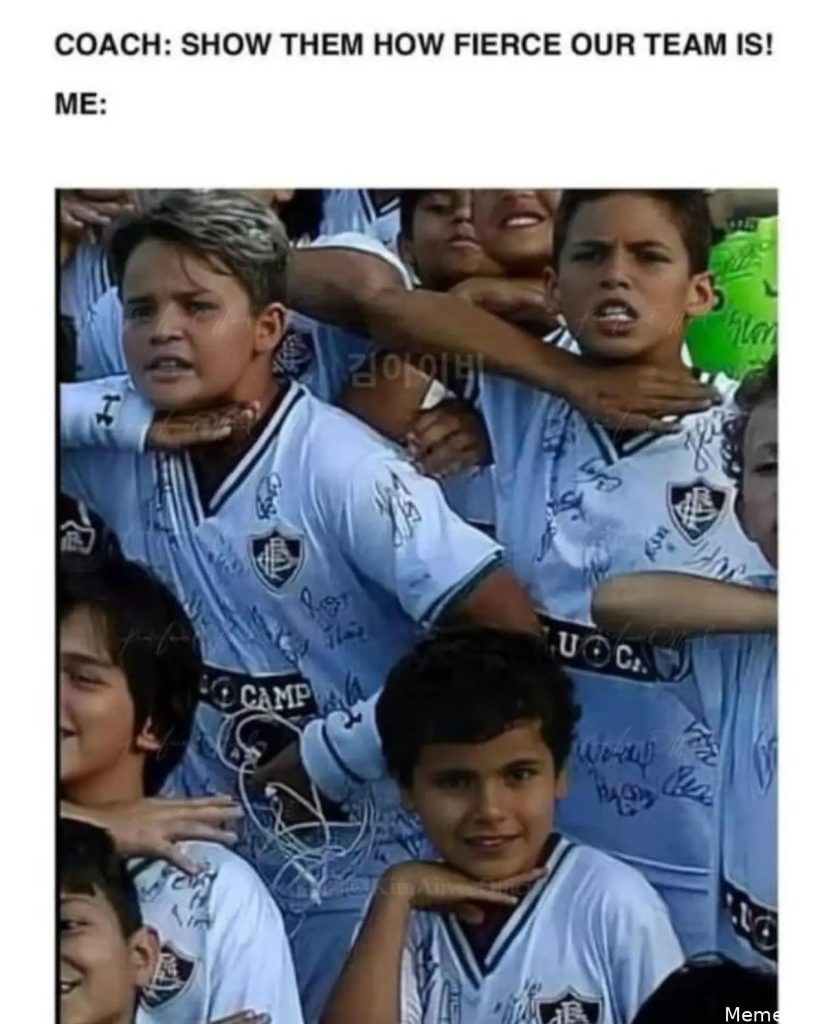AITA for suggesting my cousin should be careful about leaving her child with her parents or grandparents?
 Image credit: Pixabay (This is example image – Not the actual photo)
Image credit: Pixabay (This is example image – Not the actual photo)
Family Secrets and Protective Instincts
When a young woman uncovers dark family history surrounding her late mother’s abusive upbringing, she faces a moral dilemma: should she warn her cousin about the potential dangers of leaving her child with relatives who once perpetuated such trauma? As she grapples with the fallout of her decision, the story raises poignant questions about loyalty, the cycle of abuse, and the responsibility to protect loved ones. This relatable tale resonates with anyone who has navigated complex family dynamics and the weight of generational trauma.
Family Drama Over Feeding Issues: A Cautionary Tale
A 26-year-old woman reflects on her complicated family history and the recent conflict that arose when she warned a cousin about potential issues with their family dynamics. The story highlights themes of family drama, conflict resolution, and wedding tension.
- Background: The narrator did not meet her mother’s family until she was 14, following her mother’s death from breast cancer. Her mother had planned for her to live with a family friend, but after her passing, the friend changed her mind, leading the narrator to foster care and eventually to her biological aunt.
- Mother’s Family History: The narrator’s mother had a troubled relationship with her family, particularly her brother, who may have had autism or another diagnosis. The mother recounted severe abuse he faced from their parents, including force-feeding and punishment for refusing to eat. This history contributed to the mother’s estrangement from her family.
- Living Situation: The narrator lived with her aunt for three years and formed a close bond with two cousins, including Abby. However, she never developed a fondness for her aunts, uncles, or grandparents, who are now elderly.
- Abby’s Child’s Diagnosis: Abby’s child was diagnosed with Avoidant/Restrictive Food Intake Disorder (ARFID) last year, creating stress for the family. Abby’s parents and grandparents offered to help with babysitting, but Abby was hesitant.
- Warning About Family History: The narrator shared her mother’s past with Abby, advising her to be cautious about leaving her child with their grandparents due to their history of abusive feeding practices. Abby took the warning seriously and declined the babysitting offers.
- Family Backlash: After Abby’s decision, the family realized the narrator had shared the information. She faced backlash for “spoiling the relationship” and was told to mind her own business. Despite this, Abby supported the narrator’s warning and expressed gratitude for the heads-up.
- Self-Reflection: The narrator is left questioning whether she was in the wrong for intervening in family matters, despite her intentions to protect Abby’s child from potential harm.
This situation illustrates the complexities of family dynamics and the challenges of conflict resolution when past traumas resurface. The narrator’s decision to speak up, while controversial, was rooted in a desire to prevent history from repeating itself.
This is Original story from Reddit
 Image credit: Pixabay (This is example image – Not the actual photo)
Image credit: Pixabay (This is example image – Not the actual photo)
Story
I, a 26-year-old female, didn’t meet any of my mom’s family until I was 14. The only reason we met at all is that my mom died from breast cancer. She was single and had made plans for me with a friend of hers, but when my mom died, the friend changed her mind about letting me live with her and her family, so I went to foster care and then to my biological aunt.
My mom had told me some stuff about her family that was not great. But it was stuff about her brother that really got to her and me and was the reason she didn’t speak to them. So my mom had a brother who was possibly autistic or had some other diagnosis.
He was a “picky eater,” and their parents were abusive toward him because of it. I’m talking about force-feeding him when he wouldn’t eat, hitting him when he refused to eat, and letting him starve so he’d give in and eat something. They refused to make any accommodations for someone eating in their home.
You ate what was made, how it was made, and nothing else would be offered. Don’t like gravy? Too bad, it’s all over everything. Don’t like steak? Too bad, you’re getting it, and that’ll fill most of the plate.
My mom remembered how she hated broccoli and sprouts and how she would get more of them on her plate if she didn’t eat them. But her brother was treated even worse. They forced him to eat sometimes and then punished him for puking up what he ate.
It was messed up, and he left the family when he was only 16. My mom never found him, but she searched for years. Her biggest worry was that he died.
Mom said her other siblings supported what the parents did and argued with her when she called out the parents for abusing their brother. I know my mom would have hated me living with her family. She tried to prevent it too, but her plan went to shit.
I only lived with my aunt for three years but became close to two of my cousins. I never liked any of my aunts or uncles or my grandparents, who are now very elderly.
Abby is one of those cousins. She has one child who was diagnosed with ARFID last year. It’s been a stress for her, and her parents and grandparents have offered her help in free babysitting.
When she told me, I brought up what my mom had told me, and I warned her she should be careful about leaving her child with them. She believed me and ended up turning down the offers of babysitting. But they asked more and more and never said anything about her child’s feeding therapies or diagnosis but said she was clearly struggling and they could help.
She told them she didn’t want history to repeat. Since none of my cousins had known about it and none of my aunts or uncles saw anything wrong with it, they realized it was me who said something. I got a lot of shit for spoiling the relationship, and I was told I should mind my own business.
Abby doesn’t think I was wrong and told me she was glad I warned her. But I wonder if others would think I’m the asshole?
View the Original Reddit Post Here
Summary of Reddit Comments
The top Reddit comments reveal a strong consensus around NTA due to the necessity of protecting a child from potential abuse and the moral obligation to speak out against it. Most users agree that prioritizing the safety of the child over maintaining peace with abusive relatives is crucial, highlighting that the anger from the abusers reflects their own guilt and wrongdoing.
Overall Verdict
NTA
Expert Advice for Resolving Family Conflict
Family dynamics can be incredibly complex, especially when past traumas influence current relationships. In this situation, both the narrator and Abby are navigating a challenging landscape of family history and concern for a child’s well-being. Here are some practical steps to help resolve the conflict while addressing the needs of both sides:
For the Narrator
- Communicate Openly: Reach out to Abby and express your feelings about the backlash. Emphasize that your intentions were rooted in concern for her child’s safety.
- Set Boundaries: If family members continue to criticize you, it may be necessary to establish boundaries regarding discussions about the past and your role in family matters.
- Seek Support: Consider talking to a therapist or counselor to process your feelings about the family dynamics and to gain perspective on how to navigate these relationships moving forward.
For Abby
- Stand Firm in Your Decisions: Remind yourself that your child’s safety is paramount. If you feel uncomfortable with family babysitting, it’s okay to maintain that boundary.
- Communicate with Family: If you feel comfortable, explain to your family why you chose to decline their offers. This can help them understand your perspective and may reduce tension.
- Support the Narrator: Continue to express gratitude to the narrator for their warning. This can help reinforce your bond and show that you value their input.
For the Family
- Encourage Open Dialogue: Family members should create a safe space for discussing concerns without fear of backlash. This can help address issues before they escalate.
- Reflect on Past Behaviors: Family members should consider the impact of their past actions on current relationships. Acknowledging past traumas can lead to healing and understanding.
- Consider Family Counseling: If the family is open to it, seeking the help of a professional can facilitate discussions about difficult topics and help mend relationships.
Ultimately, the goal is to foster a supportive environment where family members can express their concerns and feelings without fear of retribution. By prioritizing open communication and understanding, the family can work towards healing and creating a safer space for everyone involved.
Join the Discussion
 Image credit: Pixabay (This is example image – Not the actual photo)
Image credit: Pixabay (This is example image – Not the actual photo)
What do you think? Would you have handled this differently?
Share your thoughts below! Vote: Do you agree with Reddit’s verdict?










